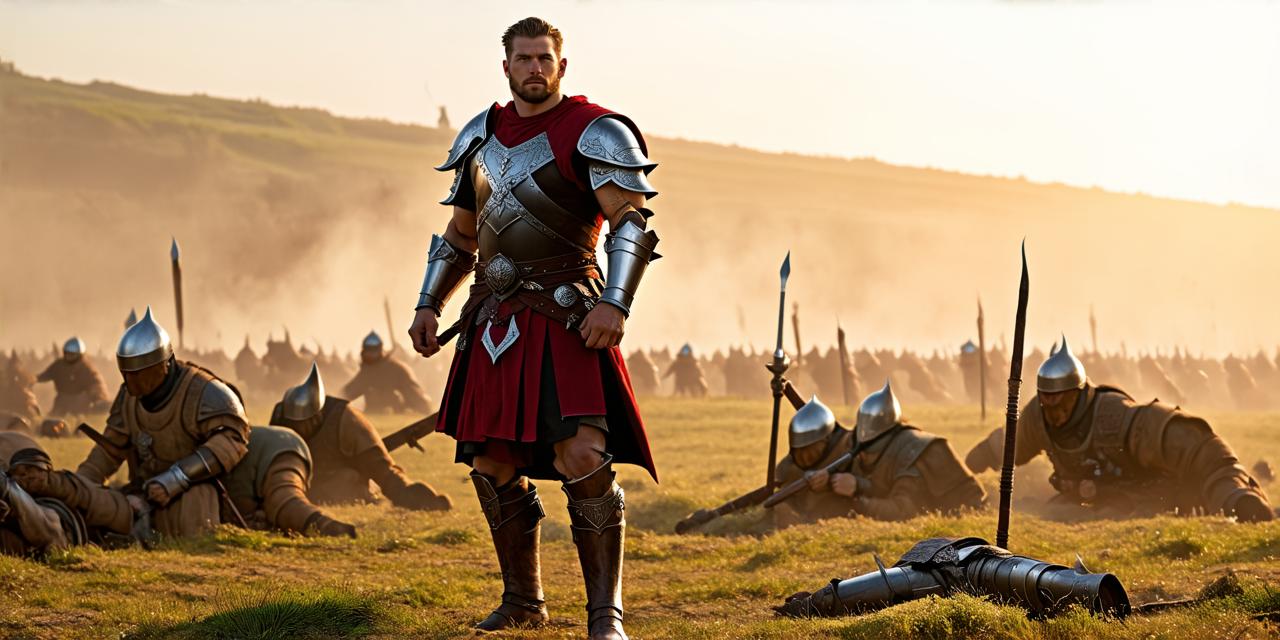The gaming industry is rapidly evolving, and one of the most significant changes happening is the adoption of non-fungible tokens (NFTs). NFTs are unique digital assets that can be bought, sold, and traded on a blockchain. They have become increasingly popular in recent years, particularly in the gaming world.
What are NFTs?
NFTs are unique digital assets that can represent anything from artwork to collectibles, real estate, or even in-game items. They are stored on a blockchain, which is a decentralized digital ledger that records all transactions related to the asset. NFTs have a unique identifier, known as a hash, that allows them to be easily verified and traded on a peer-to-peer network.
Benefits of NFTs in Gaming
-
Unique ownership: NFTs offer game developers a way to create unique digital assets that can only be owned by one player. This creates a sense of exclusivity and ownership for the player, which can lead to increased engagement and loyalty.
-
Trading and monetization: NFTs can be bought, sold, and traded on a blockchain, creating a new revenue stream for game developers. Players can also profit from buying and selling NFTs, which encourages participation in the game.
-
Rarity and scarcity: NFTs can be used to create rare and scarce items that are highly sought after by players. This creates a sense of urgency and competition among players, leading to increased engagement and spending.
-
Cross-platform compatibility: NFTs are stored on a blockchain, which means they can be used across different gaming platforms and devices. This allows game developers to reach a wider audience and create a more seamless gaming experience for players.
Case Studies
Cryptokitties
Cryptokitties is a popular NFT-based game that was launched in 2017. Players can buy, sell, and breed unique digital cats using NFTs. The game has been highly successful, with over $3 million in revenue generated in its first month.
Axie Infinity
Axie Infinity is another NFT-based game that was launched in 2018. Players can collect and battle creatures called Axies using NFTs. The game has gained popularity among gamers and has been highly successful, with over $4 million in revenue generated in its first month.
NBA Top Shot
NBA Top Shot is a new NFT-based game that was launched in 2021. Players can buy and sell unique digital moments from NBA games using NFTs. The game has been highly successful, with over $7 million in revenue generated in its first month.
How NFTs are Changing the Gaming Industry
NFTs are changing the way games are designed and played. They have the potential to transform the gaming industry by creating new revenue streams, increasing engagement, and creating a more seamless gaming experience for players.
FAQs
What are NFTs?
NFTs are unique digital assets that can represent anything from artwork to collectibles, real estate, or even in-game items. They are stored on a blockchain and have a unique identifier that allows them to be easily verified and traded on a peer-to-peer network.
How do NFTs benefit game developers?
NFTs offer game developers a way to create unique digital assets, creating new revenue streams, increasing engagement, and making it possible for players to access their favorite games from anywhere in the world.
What are some examples of games that use NFTs?
Some examples of games that use NFTs include Cryptokitties, Axie Infinity, and NBA Top Shot.
How are NFTs changing the gaming industry?
NFTs are changing the way games are designed and played by enabling game developers to create unique digital assets, creating new revenue streams, increasing engagement, and making it possible for players to access their favorite games from anywhere in the world.
Conclusion
In conclusion, NFTs are revolutionizing the gaming industry by enabling game developers to create unique digital assets, creating new revenue streams, increasing engagement, and making it possible for players to access their favorite games from anywhere in the world. As the gaming industry continues to evolve, we can expect to see more and more innovative uses of NFTs in the future.

